The pastoral tribal community of the Jad Bhotiyas inhabit the Uttarkashi region of the Himalayas. For survival, they were engaged in trade across the Himalayan borders, especially of salt from the Tibetan plateau. Following the closure of the Indo-Tibetan border after the 1962 Indo-China war and the cessation of the Tibetan salt trade, these erstwhile transborder traders now find themselves caught in a complex world, forcing them to negotiate their identity. How do the Jads reorient their identities with the altering local and global environment? How do they differentiate between their Inner and Outer Selves? How is their sense of personhood and self-hood influenced by their location, of being situated on the border of two countries, India and Tibet? Based on years of her personal interactions and research in the village of Bhagori in Garhwal, the author takes up a gendered approach to answer these questions. She discusses the qualitative aspects of the daily lives of the villagers and their rituals, cosmology, world views, aspirations and cultural-historical processes of adapting to the changing political, economic and social circumstances of these people.
Gender, Livelihood and Environment: How Women Manage Resources
This volume brings together ...
$36.00
$40.00

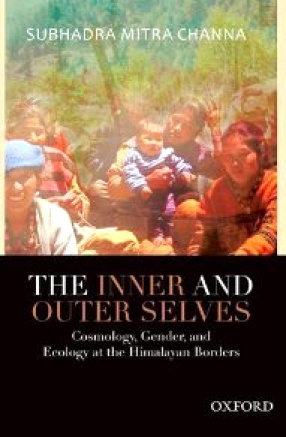
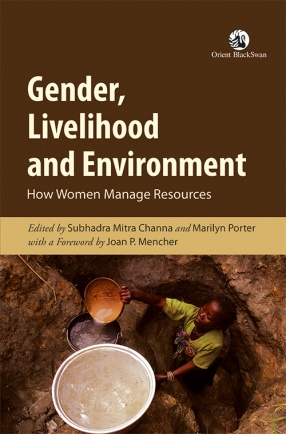
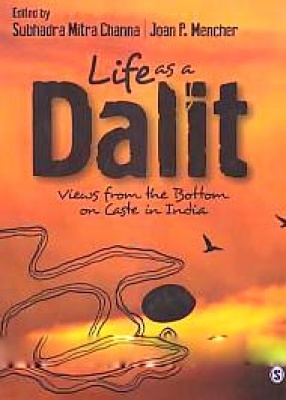
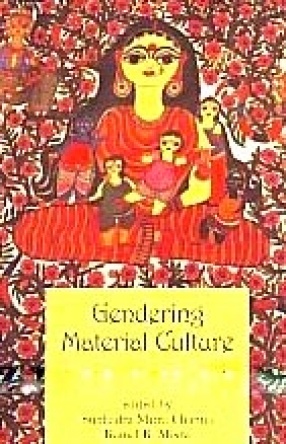
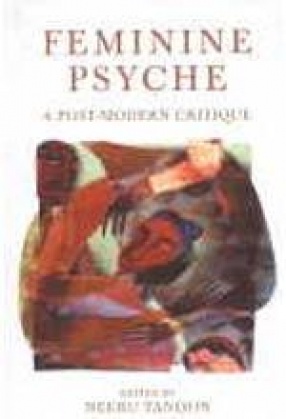


There are no reviews yet.